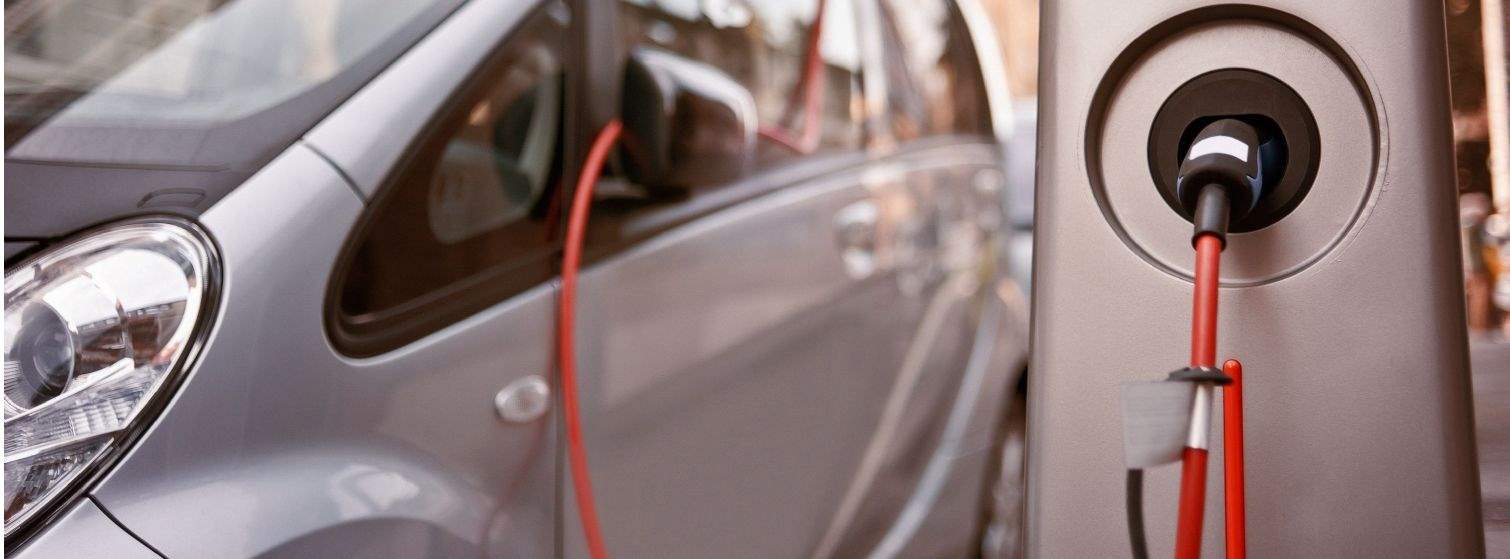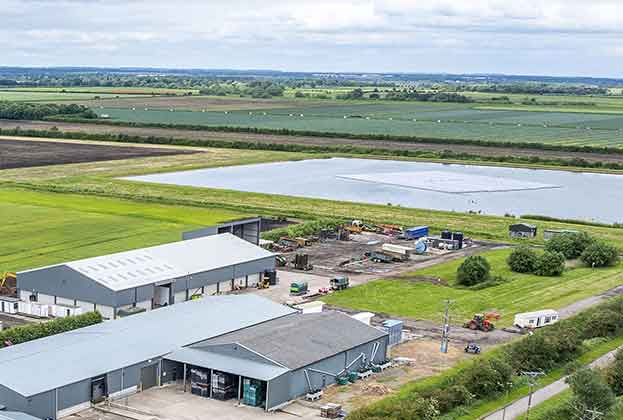I have now been driving my electric vehicle (EV) for two and a half years and I’m a proud advocate of this zero-emissions means of getting from A to B. It is cheaper to run than my previous petrol and diesel cars and I like the idea that I am helping to reduce air pollution and slowing down climate change.
While I am still very much in the minority as an EV driver, it seems that’s all about to change. According to the National Grid, the UK Government’s aim for all new cars to run on non-fossil fuel by 2040 would result in 33 million EVs on UK roads as early as 2038. This aspiration is part of a wider plan to reduce air pollution, improve public health and recapture productivity loss, estimated at £2.7 billion every year.
The plan will have implications for the delivery of new residential and mixed-use developments in towns and cities across the UK, with up to 70 per cent of charging expected to be done at home. However, a key concern is the lack of grid infrastructure to provide electricity to our new EV vehicle fleet. In simple terms, converting all cars, bikes, vans, buses and lorries will roughly double electricity demand in the UK.
While there is an abundance of sea for off-shore wind turbines and roof space for solar PV, the challenge of transporting power down the lines to the homes where it is needed is becoming increasingly acute. A number of urban locations are already grid constrained, even before EVs are thrown into the mix, due to increased network demand and lack of investment in the grid over decades. Adding EV capability to a development site could more than double the cost of a grid connection.
My residential development colleague Carole Mackie reports that many housebuilders are already installing some simple charge points on sites while others are designing eco-friendly, car-free developments, particularly in locations with good public transport and cycle paths.
According to Scottish Power, if the process if not managed in an innovative way that embraces new technology, only one in eight properties (12.5 per cent of the market) will be able to have a single EV charge point under current network conditions. By considering the multitude of options available in EV changing, battery storage and other advanced energy solutions, Savills Energy and Sustainability team is identifying holistic solutions that will allow 100 per cent of properties to be served by EV charge points not just a select 12.5 per cent.
Recent EV trials show most people plug their cars in when they return home at the end of the day, typically between 4pm and 6pm when the grid is already under the most pressure. But modern ‘smart’ technology means EVs don’t need to be charged at periods of peak demand. By avoiding these periods, current grid infrastructure can be used to power houses and vehicles across the day, when power is cheap and renewable generation is high. This, in turn, will lessen the need for expensive grid upgrades and increase the rollout of charge points across a development site.
Developers may consider a range of EV charging options, from trickle charges to fast and rapid charging as well as hub charging. They might also consider battery storage, renewables and on-site generation as part of a wider energy strategy. Most traditional Distribution Network Operators (DNOs) do not currently provide a flexible service that allows a developer to optimise the energy needs for a site (unless you find yourself in a one of a limited number of trial projects).
However, the privatisation of the energy market has made it possible to work with independent DNOs who embrace new technology, such as battery storage, so that peak demand can to be flattened out to prevent expensive grid network upgrades.
The UK Government’s aim of reducing air pollution, with a ban on fossil fuel cars, is laudable. However, it will be essential for governments on either side of the UK border to work with planners as well as both energy and development sectors to form an approach aimed at improving essential infrastructure that will be workable for all. While we wait for this to happen (and it might take a while), Savills is developing innovative solutions that will benefit development sites so that maximum EV rollout can be achieved.
Further information

.jpg)







.jpg)
.jpg)